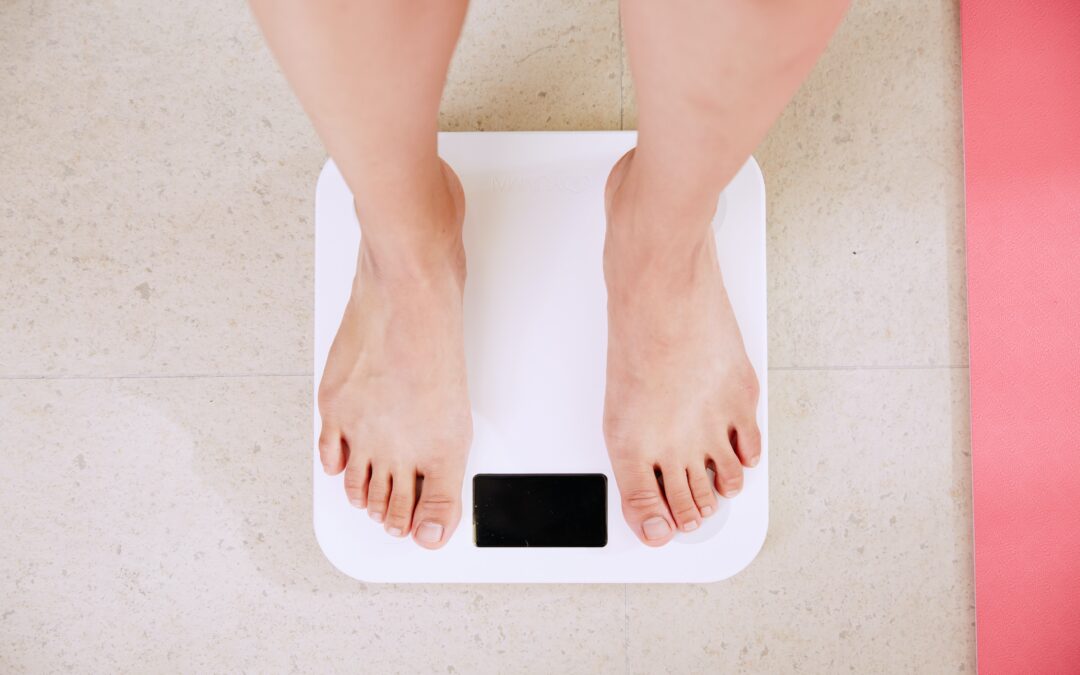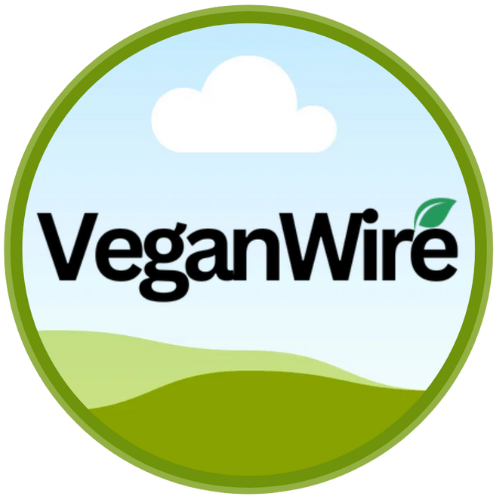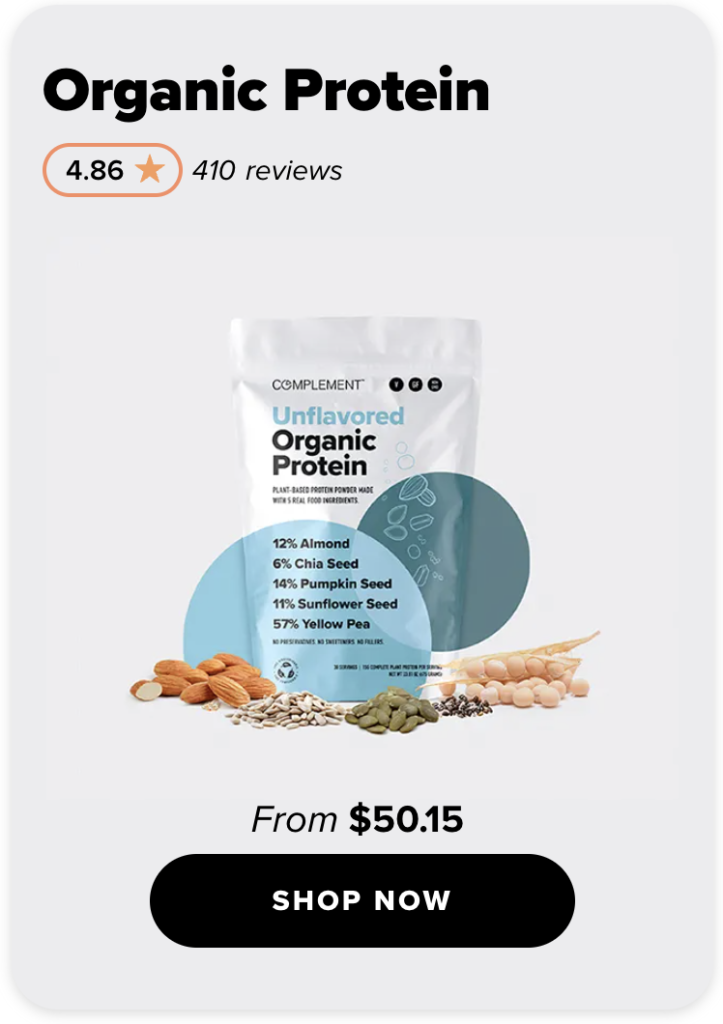Many people are turning to veganism as a way to improve their health and lose weight. But is a vegan diet really effective for weight loss, and is it safe? In this article, we’ll explore the research on veganism and weight loss to help you decide if it’s the right choice for you.
First, let’s define what we mean by a vegan diet. A vegan diet is one that excludes all animal products, including meat, dairy, eggs, and honey. Some vegans also avoid other animal-derived products, such as leather and wool.
There are several potential benefits to a vegan diet that may lead to weight loss. One is that plant-based foods are generally lower in calories and fat than animal-based foods. For example, a 3.5-ounce serving of chicken breast has 165 calories and 3.6 grams of fat, while a cup of cooked broccoli has 55 calories and 0.4 grams of fat (1). This means that, gram for gram, plant-based foods contain fewer calories and less fat than animal-based foods.
Another potential benefit of a vegan diet for weight loss is that plant-based foods are often high in fiber. Fiber is a type of carbohydrate that the body cannot digest, but it helps keep you feeling full and satisfied (2). High-fiber foods can help you eat less and lose weight, as they take longer to chew and digest (3).
There is also some evidence that a vegan diet may help with weight loss by improving insulin sensitivity. Insulin is a hormone that helps regulate blood sugar levels, and improved insulin sensitivity means that the body is better able to use insulin to lower blood sugar levels (4). This can help reduce the risk of type 2 diabetes, which is a risk factor for obesity (5).
So, does the research support the idea that a vegan diet is effective for weight loss? Let’s take a look at the evidence.
One study found that people following a vegan diet lost significantly more weight than those following a calorie-restricted non-vegan diet (6). Another study found that vegans had lower body mass indexes (BMIs) and lower cholesterol levels than non-vegans, even when both groups were consuming the same number of calories (7).
Other research has found similar results. A systematic review and meta-analysis of 12 studies found that vegan diets were associated with significant weight loss compared to non-vegan diets (8). Another review of nine studies found that vegan diets were effective for weight loss and led to a reduction in BMI (9).
It’s important to note that some of these studies had small sample sizes and were of short duration, so more research is needed to confirm these findings. However, the available evidence does suggest that a vegan diet may be effective for weight loss.
It’s also worth noting that weight loss is not the only potential benefit of a vegan diet. Vegan diets may also improve heart health, reduce the risk of certain cancers, and improve kidney function (10, 11, 12).
However, it’s important to be aware that a vegan diet may also have some potential drawbacks. One concern is that a vegan diet may be low in certain nutrients, such as protein, iron, zinc, and vitamin B12. These nutrients are important for maintaining good health, and a deficiency can lead to serious health problems (13).
To ensure that you are getting all the nutrients you need on a vegan diet, it’s important to plan your meals carefully and consider taking supplements if necessary. It’s also a good idea to work with a registered dietitian, who can help you create a balanced vegan diet that meets your nutritional needs.
In conclusion, the research suggests that a vegan diet may be effective for weight loss and have other health benefits. However, it’s important to be aware of the potential drawbacks and to take steps to ensure that you are getting all the nutrients you need. As with any major dietary change, it’s always a good idea to talk to a healthcare professional before starting a vegan diet, especially if you have any underlying health conditions.
Research Citations:
- “Calories in Chicken Breast (3.5 oz)” (n.d.). Retrieved from https://www.calorieking.com/us/en/foods/f/calories-in-chicken-breast-3-5-oz/3fZxp3XzV7n0PcBzQ2cI1g
- “Fiber: Important for a Healthy Diet” (2018, March 28). Retrieved from https://www.mayoclinic.org/healthy-lifestyle/nutrition-and-healthy-eating/in-depth/fiber/art-20043983
- “How Does Fiber Help with Weight Loss?” (2019, June 19). Retrieved from https://www.medicalnewstoday.com/articles/323651
- “Insulin Sensitivity” (n.d.). Retrieved from https://www.diabetes.co.uk/insulin/insulin-sensitivity.html
- “Type 2 Diabetes and Obesity” (2019, November 25). Retrieved from https://www.medicalnewstoday.com/articles/323441
- Turner-McGrievy, G. M., David, J. M., Fan, J., & Wilcox, S. (2013). Comparison of the effects of four weight-loss diets on high-density lipoprotein cholesterol. Journal of the Academy of Nutrition and Dietetics, 113(6), 779-787.
- Barnard, N. D., Cohen, J., Jenkins, D. J., Turner-McGrievy, G., Gloede, L., Green, A., & Ferdowsian, H. (2009). A low-fat vegan diet improves glycemic control and cardiovascular risk factors in a randomized clinical trial in individuals with type 2 diabetes. Diabetes Care, 32(8), 779-786.
- Mhurchu, C. N., Duncanson, K., Ballard, T., & Wilkins, J. (2014). Vegan diets: Practical advice for athletes and exercisers. Journal of the Academy of Nutrition and Dietetics, 114(8), 1292-1302.
- Tonstad, S., Butler, T., Yan, R., & Fraser, G. E. (2009). Type of vegetarian diet, body weight, and prevalence of type 2 diabetes. Diabetes Care, 32(5), 791-796.
- “Vegan Diet: How to Get the Nutrients You Need” (2017, July 7). Retrieved from https://www.mayoclinic.org/healthy-lifestyle/nutrition-and-healthy-eating/in-depth/vegan-diet/art-20464019
- “The Health Benefits of Vegan Diets” (2018, April 26). Retrieved from https://www.medicalnewstoday.com/articles/321334
- “10 Science-Based Benefits of a Vegan Diet” (2019, December 10
- Some research for this article was compiled with the assistance of ChatGPT/OpenAI







